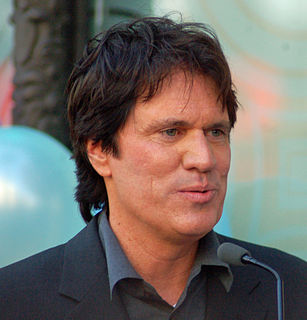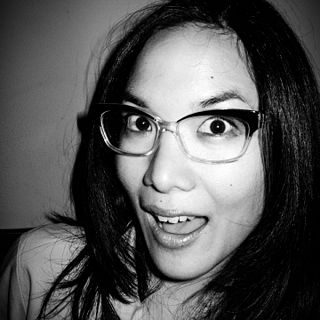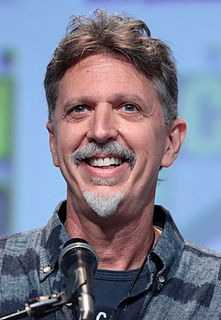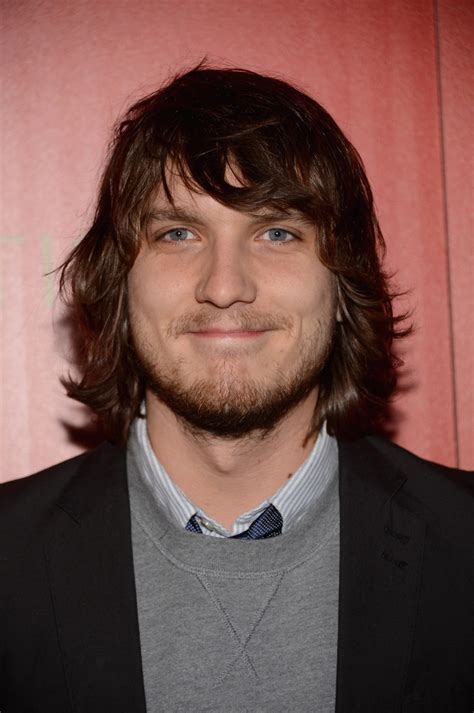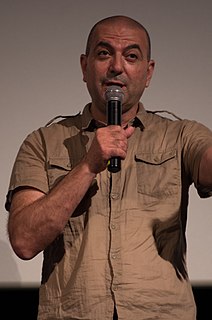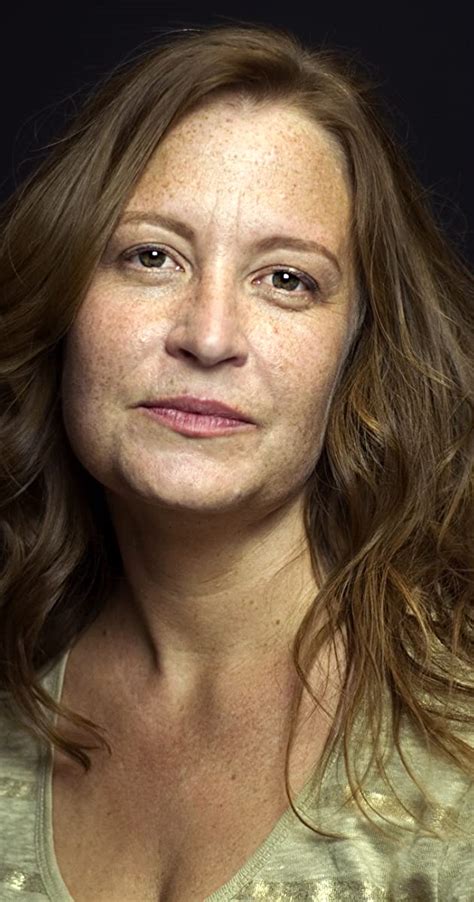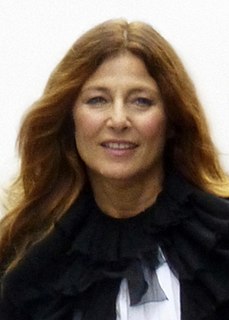A Quote by Rob Marshall
I have a very simple philosophy when it comes to casting, and it really is casting the best person for the role.
Quote Topics
Related Quotes
There's racist casting, and there is normal casting. Normal casting, to me, is a process that strives for representation and, in many cases, strives to simply portray the world as it actually is instead of as falsely non-inclusive. And sadly, sometimes that involves removing the whitewash that exists on history.
It was a very, very intense and long casting process [for The Killing] because we really had to find the right people who could carry the weight of this story, who had the chops and who had the spirit, where they could bring in so much of their own selves to these characters. So, the casting process took many months.
Even when you're casting, casting is always one of the weirdest subjective areas. You can get a group of people who would decide and say, "This person is a great actor and this person is less than a great actor," but there will always be somebody else who likes that person better than you based on their experience in their other films.
